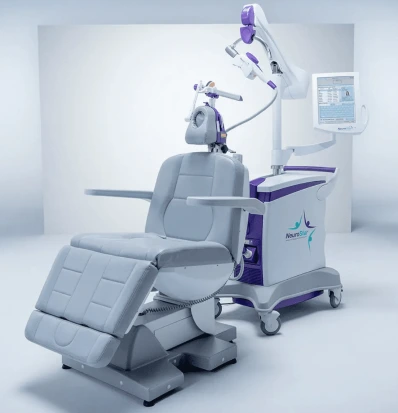How Much Does
TMS Therapy Cost?

To determine if your plan covers TMS therapy, contact your insurance provider directly or request assistance from our experienced team. We will inquire about specific requirements, including a letter of medical necessity and evidence of failed treatments. The pre-authorization process may be complex, but our insurance specialists can help you navigate these procedures and maximize your benefits.

The cost of TMS therapy varies significantly based on geographic location. Urban centers like New York, San Francisco, and Los Angeles typically charge premium rates due to higher operating costs and greater demand, with sessions sometimes costing 30-50% more than in rural areas. Midwestern and Southern states generally offer more affordable options, reflecting regional economic differences. Even within the same city, prices vary by neighborhood, making it worthwhile to research multiple providers within a reasonable travel distance to find competitive pricing without sacrificing quality of care. Try our comprehensive database to search top-rated TMS practitioners in your area.
Treatment protocols significantly impact overall costs. Standard repetitive transcranial magnetic stimulation (rTMS) therapy typically involves 30-40 sessions over 6-8 weeks, while newer accelerated techniques may shorten the process to 5 days with multiple daily procedures. These quicker treatments might require higher daily costs, but they can reduce overall expenses by minimizing time away from work and decreasing transportation expenses. Accelerated protocols involve theta-burst stimulation, a newer form of TMS that delivers treatment in 3-10 minutes per session instead of the traditional 30-40-minute procedures, potentially reducing per-session costs.

Begin by thoroughly investigating your insurance benefits, as coverage for TMS has expanded significantly in recent years. Contact your provider directly to verify if they reimburse this therapy. Our team offers free assistance with this process. We can request a detailed explanation of benefits, including coverage percentages, deductible requirements, and any session limitations. Most insurance companies now recognize TMS as medically necessary for treatment-resistant conditions, but specific criteria must typically be met.
